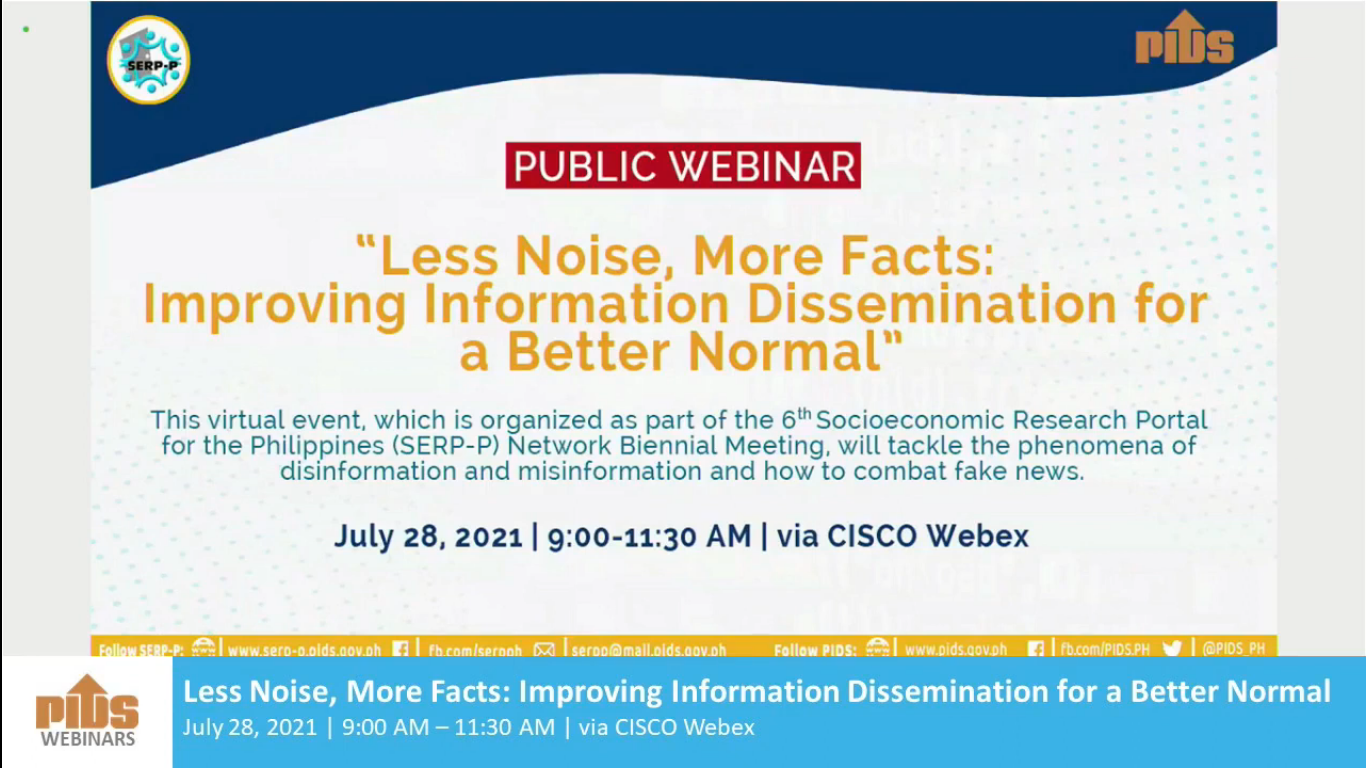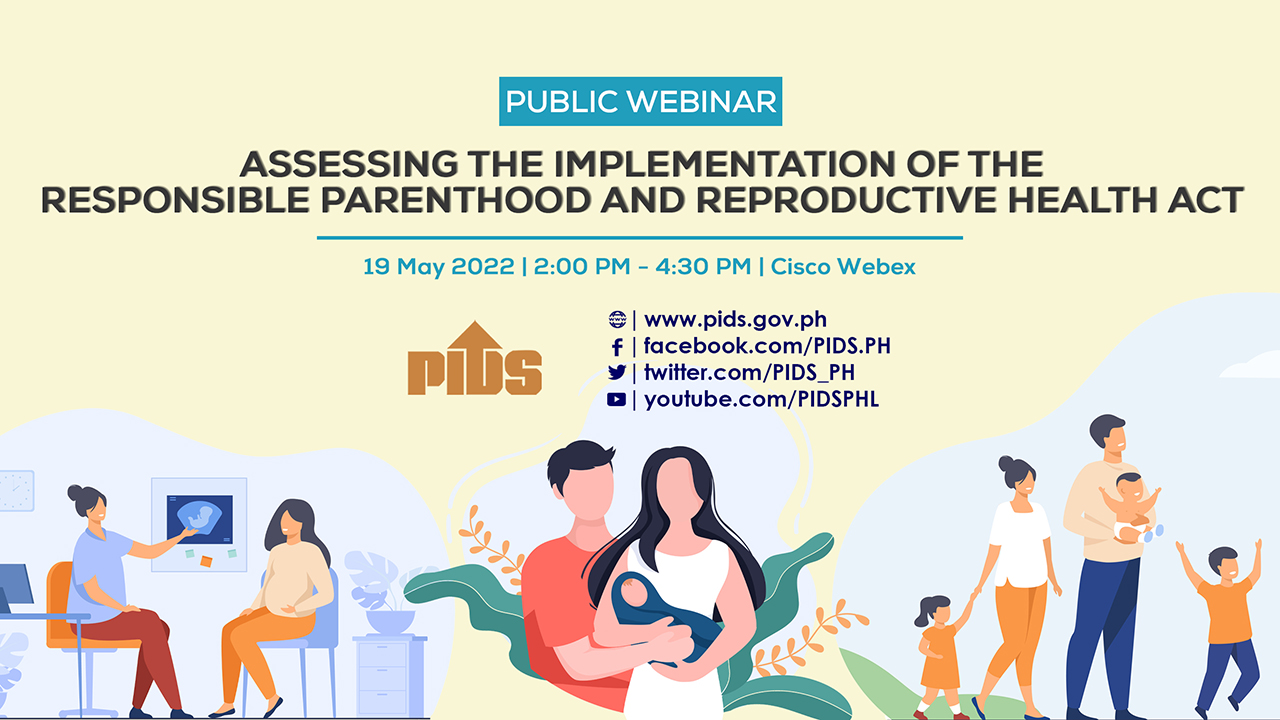AS the country celebrated the first National Higher Education Day, Sen. Sherwin Gatchalian raised anew the need to improve the implementation of Republic Act 10931, the “Universal Access to Quality Tertiary Education Act” or “Free Tuition Law,” to ensure the education of 1.3 million students.
The chairman of the Senate basic education committee said the reimbursement of tuition and miscellaneous fees should be automated to prevent delays.
He cited a 2019 discussion paper from the Philippine Institute for Development Studies, which pointed out that when tuition and miscellaneous expenses are not reimbursed, schools would absorb the deficiency or students would have to shoulder the costs.
Gatchalian said state universities and colleges (SUCs) and local universities and colleges (LUCs) have to submit their billing requirements before they can get their reimbursements.
“The proper implementation of the Free Tuition Law will mean that the education of more than 1 million college students will continue. The recovery of the education sector from the damages wrought by the pandemic needs a wider role of technology in order to ensure fast and effective service for the students, colleges and universities,” he said in Filipino.
In September 2020, the Commission on Higher Education (CHEd) reported that 12 SUCs and LUCs did not receive reimbursement for tuition and miscellaneous fees because of compliance issues.
The senator added that the imposition of quarantine measures amid the pandemic highlighted the need for automation to help streamline the processing of documents’ submission and distribution of funds.
Last year, Gatchalian filed Senate Bill (SB)1793, the “Full Digital Transformation Act of 2020,” which seeks to provide full, integrated e-government (eGov) services to the public by the end of 2022.
He explained that the measure would help CHEd as well as SUCs and LUCs promote zero-contact policy and facilitate the more efficient delivery of services.
Gatchalian said his proposal of a “One Filipino, One Bank Account” would also complement CHEd’s efforts to streamline the distribution of subsidies, including stipends for Tertiary Education Subsidy (TES).
SB 1793 seeks to mandate the opening of a bank account or virtual wallet, which will serve as a payment platform for the distribution of financial aid. There are 500,000 TES beneficiaries who receive additional funding for education-related costs.












